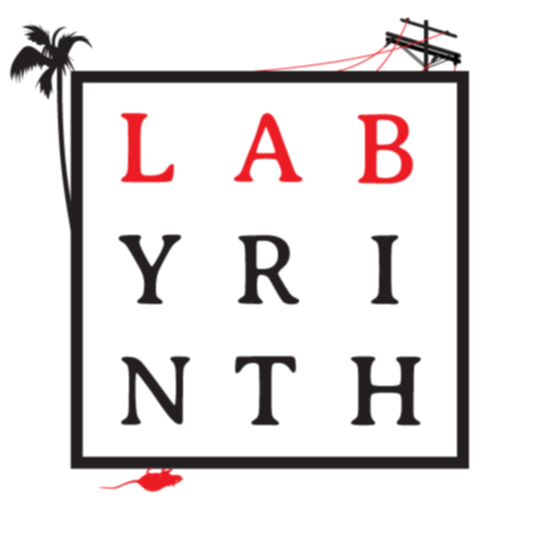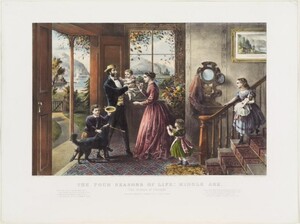American pets are a medium for self-improvement. As Grier explains,
“the private household became the laboratory for building better humans, especially a new kind of man, disciplined and able to suceeed in his own sphere yet capable of deep feeling and inculcated in domestic values by … his mother. Over time, popular authors such as Harriet Beecher Stowe even made an argument for domesticating the entire world. Applying Domestic values to public life meant kindly care for an enlarged ‘household circle’ of dependent beings who could not defend themselves in the world: the insane, the worthy poor, the orphan, the aged, the penitent prostitute, the slave— and the animal.” (Grier 2006)] p.136-7]
Today in Los Angeles, something similar is going on with coyotes and pets. Being a “responsible pet owner” is an oft-heard phrase, and there are no technical fixes—no leash, no doggy door, no collar—just you and your duty. You can and must defend those who cannot defend themselves.
Time was, dogs were humans’ protectors. In the coyote wars in LA though, dogs are the victims. For some, believers in cloud coyotes for instance, the coyote is a viscous and unstoppable predator from whom no one is safe. It’s a nice, if brutal, story. But for others, the coyote is not the enemy: the duty lies with the human. Protecting our pets, like protecting humans, is our responsibility, and if you are a distracted pet owner, or you let your cat roam, then the consequences are on you.
Americans haven’t stopped trying to become better people, it seems, through their pets.
References
Grier, Katherine. 2006. Pets in America : A History. Chapel Hill, NC: University of North Carolina Press.

